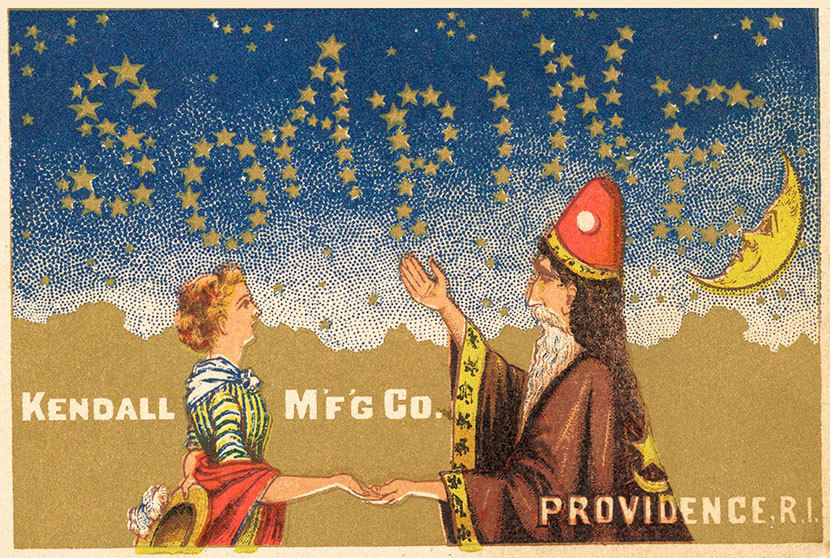Charlotte Perkins Gilman (1860–1935)
From Charlotte Perkins Gilman: Novels, Stories & Poems

“It was a grief to find in Pasadena some close friends of former years now cold to me on the ground that I was an ‘unnatural mother,’” recalled the author Charlotte Perkins Gilman four decades after her estrangement from white middle-class social circles in California. “This has always puzzled me, yet it should not, knowing, as well I do, how most of us do not think, but merely feel.”
In the mid-1890s, Gilman fell out of favor when her divorce became a scandal that made headlines on both coasts and when she then decided to transfer custody of her daughter to her husband and his new wife. She took a job as editor in San Francisco and then crisscrossed the U.S. and Europe on the lecture circuit, and she felt such a life was unsuitable for raising a nine-year-old girl. “That might have been ‘natural,” but not good for the child,” she wrote in defense.
Of course, by the time she wrote those words, for an autobiography finished in 1935, the world had moved on—and what was considered “unnatural” had become commonplace as more women entered the workplace and pursued careers of their own. “I sit and chuckle to see the most conscientious mamas proudly doing to their children what I was called ‘an unnatural mother’ for doing to mine,” she wrote. “Maternal instinct is at last giving ground a little before the resistless march of knowledge and experience. All this is good to see.”
In the heat of the battle with her “friends,” Gilman published a short story mocking the pretensions and absurdity of the women who criticized her. Although nowhere near as well known as her ubiquitous tale “The Yellow Wall-Paper,” “The Unnatural Women” remains one of her most popular—and commented upon—stories. It’s included in the new LOA volume collecting the best of her writing, and you can read it at our Story of the Week site, along with an introduction detailing the media war conducted against her by Hearst newspapers.



